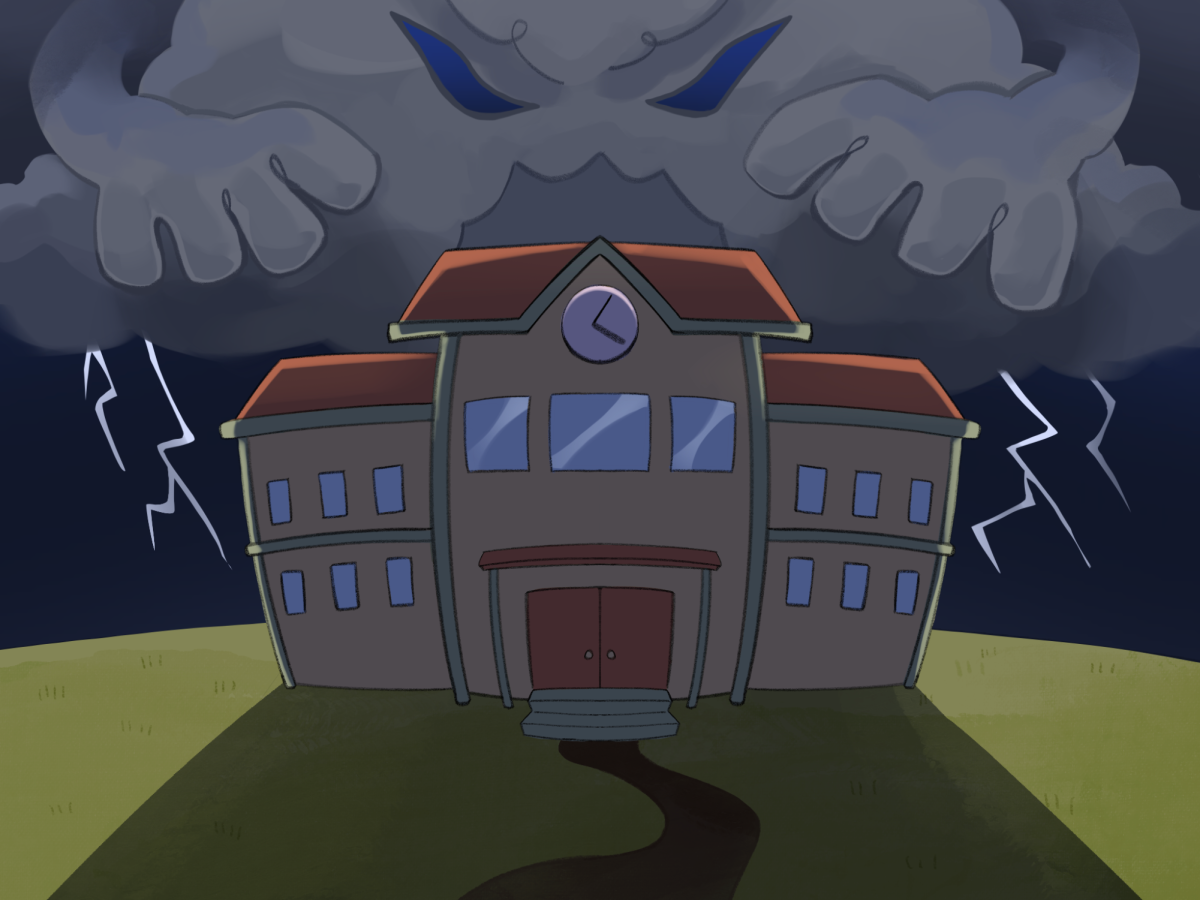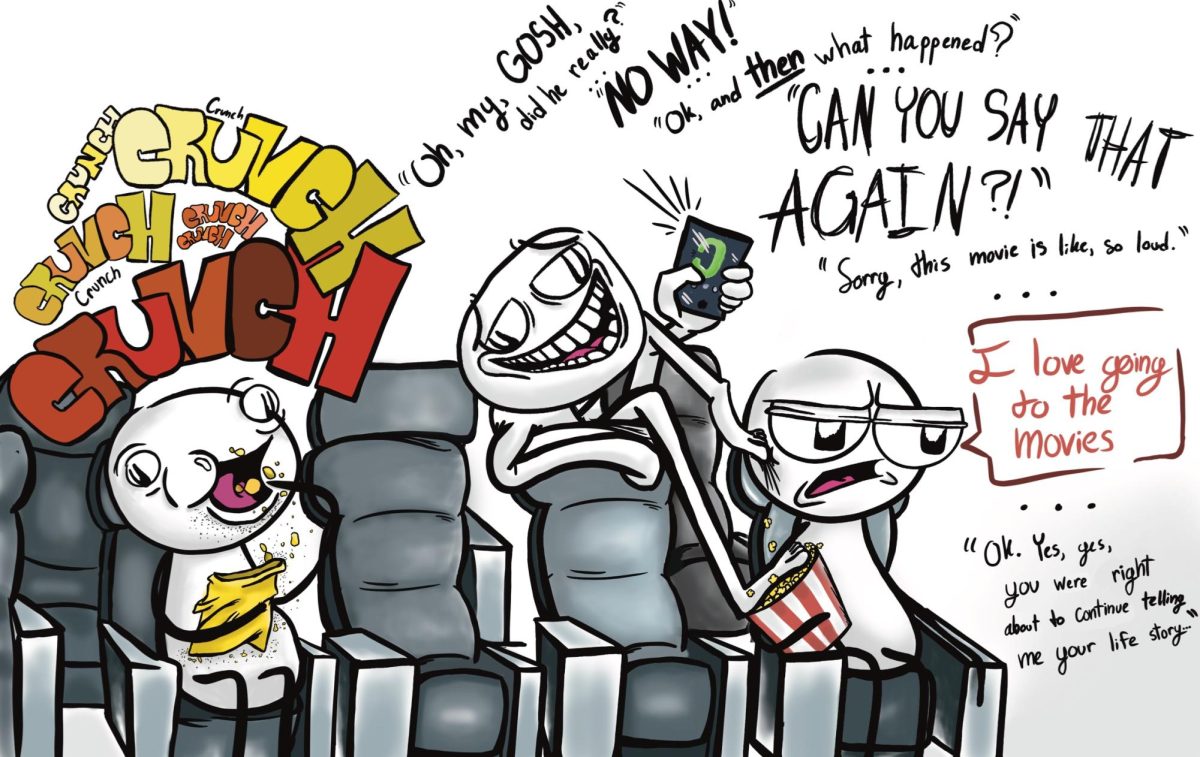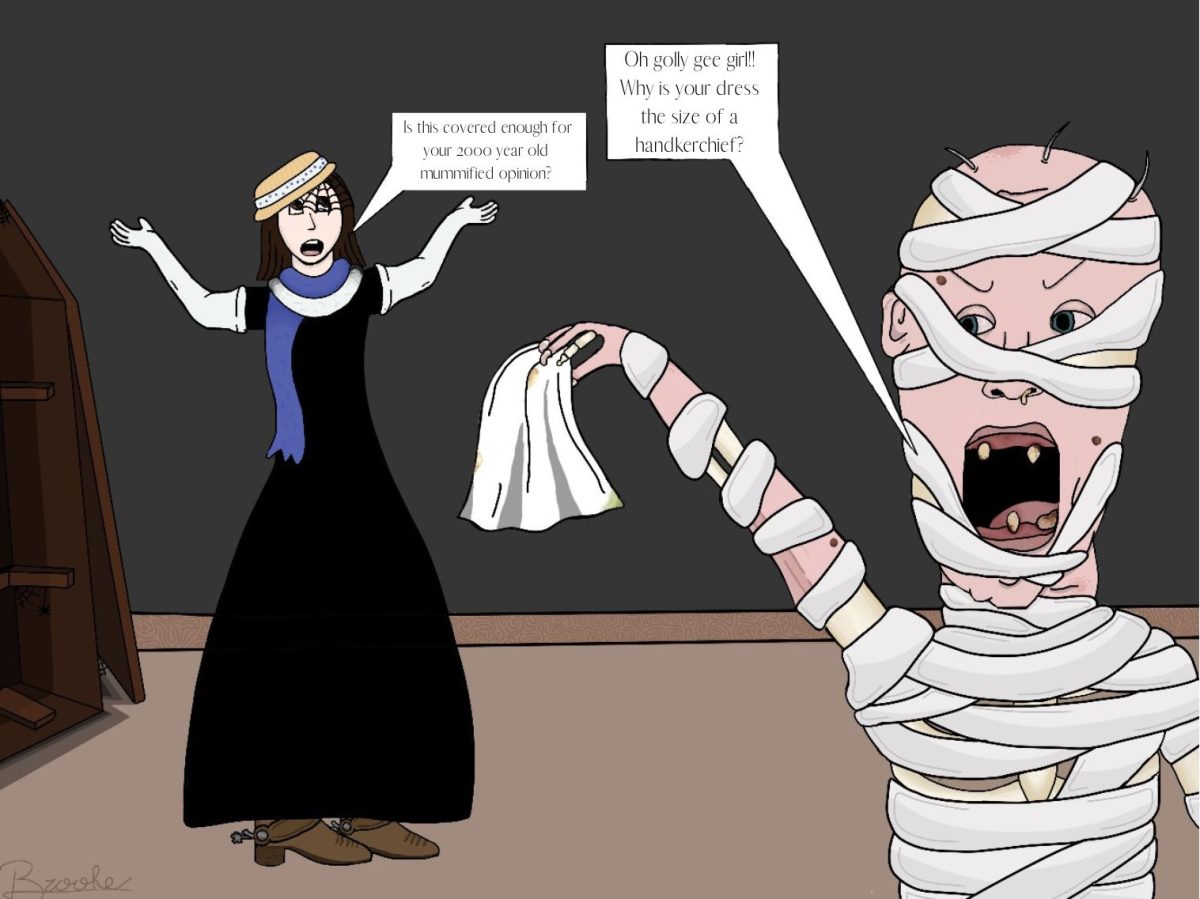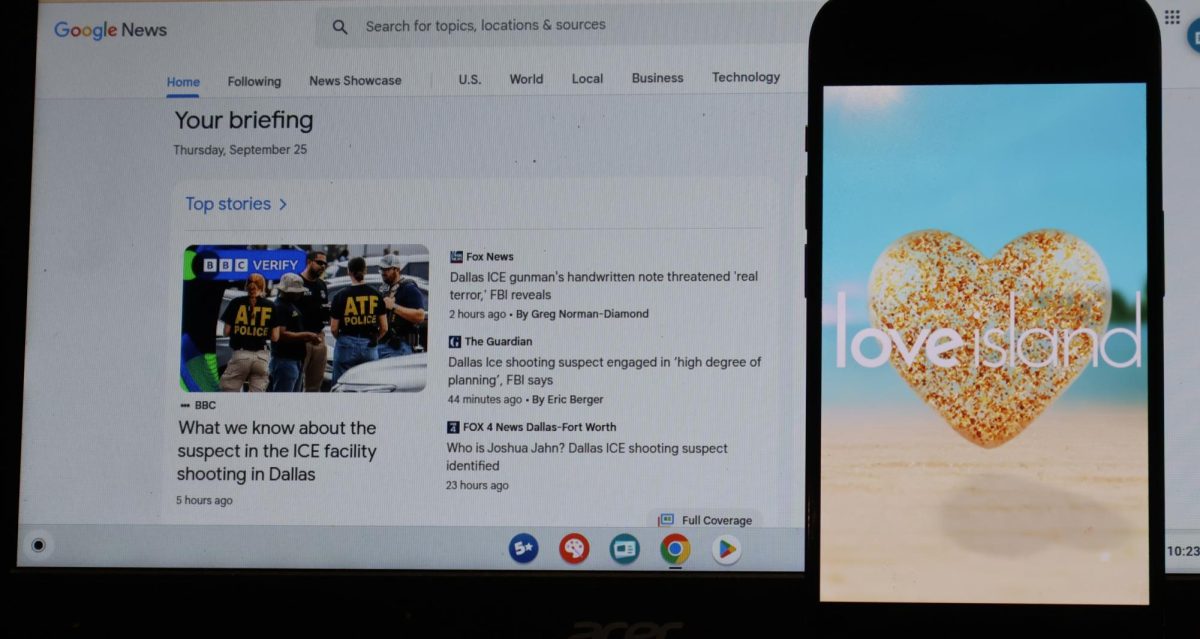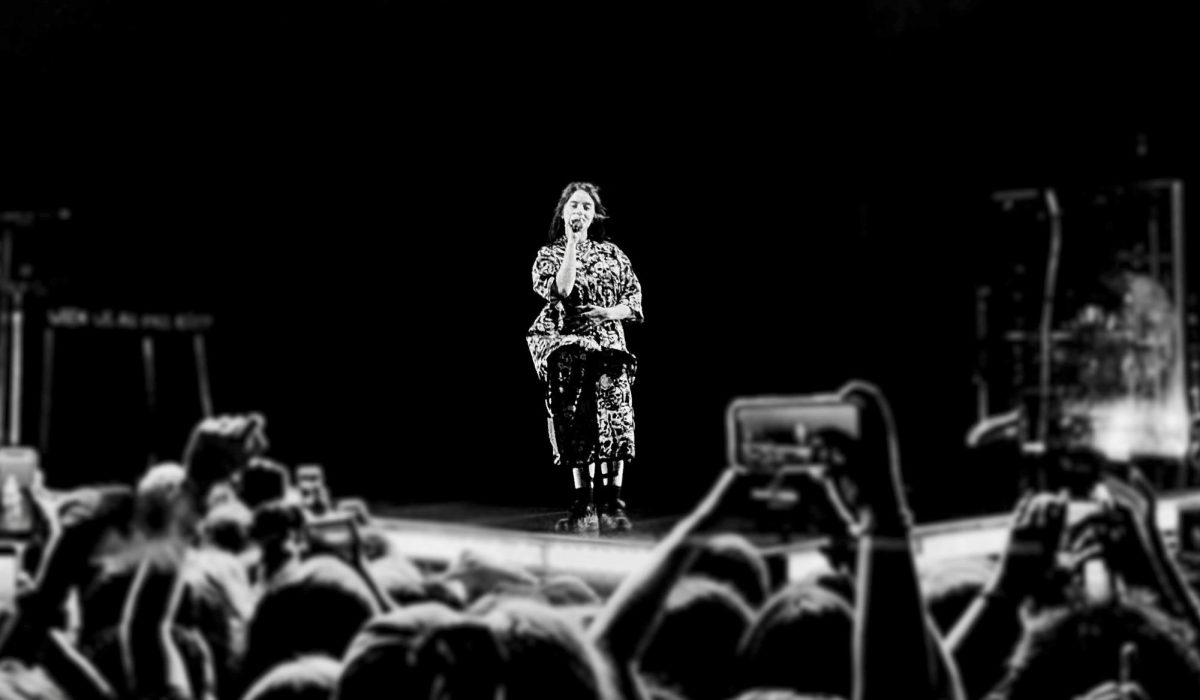I remember in fifth grade when I learned about World War II. Since it was a serious topic, many students went straight to their parents, shocked by the traumatizing events that had occurred. A week later, my teacher was confronted by angry parents outside the classroom, reprimanding her for teaching such a heavy subject. I felt shocked, yet intrigued, as those events were part of our reality and something necessary to be taught. This raised an important question: Should parents have more control over what their children are taught in school?
When I was introduced to these topics, instead of expressing anger, my parents were impressed that teachers were educating their students about the past. I believe the same; parents should not always dictate what students learn. Some classmates of mine had parents who discouraged independent thinking. While some parents are restrictive and others open-minded, this disparity can hinder educational experiences: education should be separated from parental views.
An issue with excessive parental influence over education is the potential reinforcement of racism and inequality. For example, critical race theory (CRT), which teaches students how racism can be ingrained in American society, has sparked controversy, with some parents advocating against its inclusion in schools. This opposition often stems from personal or political beliefs rather than educational purposes. Suppressing such discussions because of parental beliefs takes away the learning value of thinking critically and limits students’ educational experiences. Students must be taught about how racism has played into the world around them, and formulate their awareness of race without being impacted by authorial roles at home.
A clear case where parental control has successfully harmed education is the priority of certain religions. For instance, in Texas, certain religious teachings are being influenced by parental involvement in schools, leading to dissatisfaction among other parents who feel excluded or disagree with the content. Some parents are fighting for the priority of their religion, which is making others upset because of their differing viewpoints on what religion should be taught to their kids. Parent-driven curricula can be harmful when they push religion and exclude others. Education should challenge students to think beyond inherited beliefs, empowering them to engage thoughtfully with complex issues and make their own decisions regarding religions.
Additionally, in the past four years, there have been over 16,000 book ban attempts. For example, when I read “The Great Gatsby” (a book that has been read for decades) during school, my friend said her dad was mad about such a “serious” book being read. “The Great Gatsby” can be controversial because it is filled with romantic affairs, illegal substances, profanity, and several other mature topics. The father complained about reading it during his high school days and suggested it should have been banned a while ago due to the adultery and explicit language.
Books being censored because of parents’ opinions deprives children of actual learning. When will the truth finally be learned, if parents hide reality? These are boundaries set by parents—boundaries they likely already broke themselves. This particular book is not just controversial to be controversial, but is a book that represents the “American Dream” and shows that the pursuit of happiness doesn’t stem from money. Schools should be valued for the resources they provide for teaching students more than what they are limited to at home.
Education is a crucial part of life, just like forming and expressing one’s own opinions. Parents should not have the power to dictate the curriculum based on personal beliefs, imposing what needs to be taught. If all parents had a say, would we be learning?

